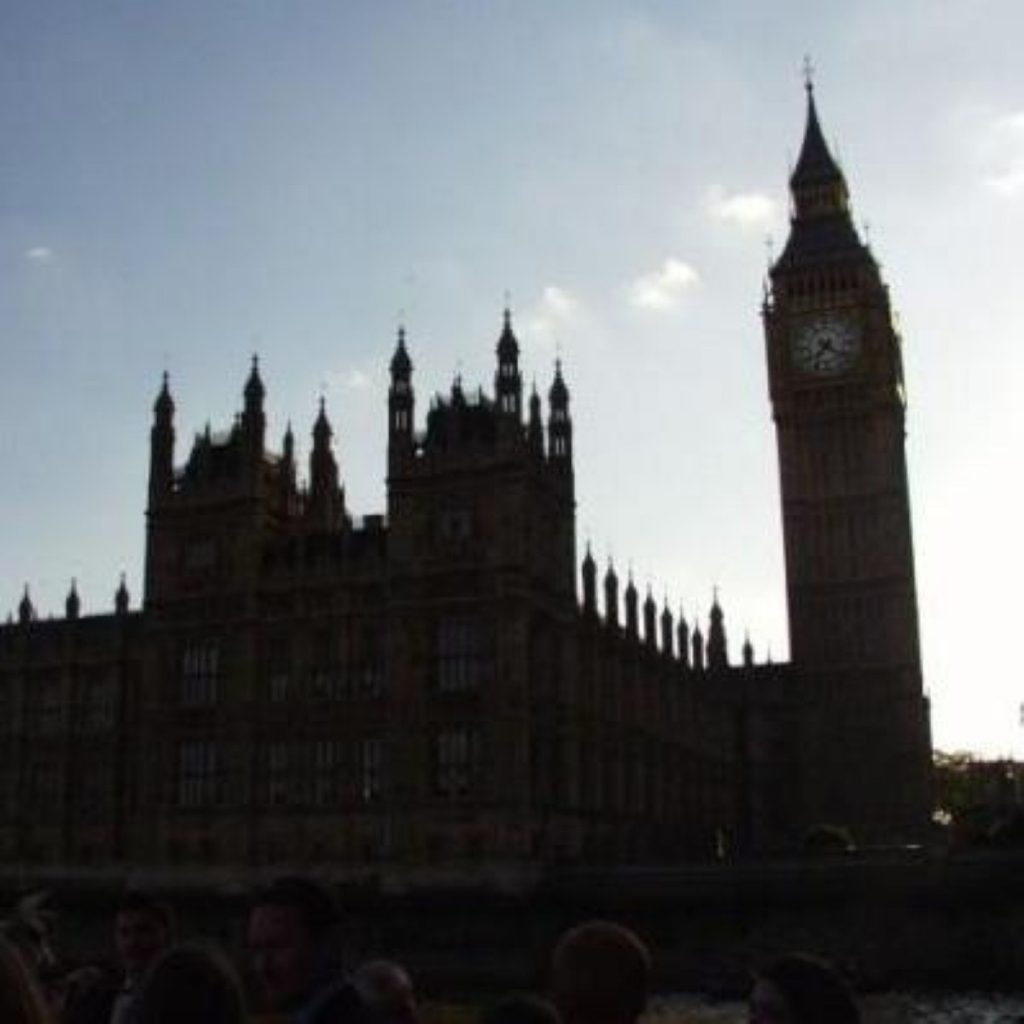Campbell – Media has undermined public faith in politics
Alastair Campbell has told MPs that the media has to take its fair share of responsibility for the breakdown of trust in government communications.
Giving evidence to the Commons Public Administration Committee, the former Downing Street director of communications said he thought that the Phillis review had understated the media’s role and responsibilities in its findings, claiming that it is in fact the cynicism of the press that has undermined public confidence and not the work of “spin doctors”.
Mr Campbell also repeated the claims he has been making in his “An Audience with Alistair Campbell” tour, that the “vile” Daily Mail newspaper is particularly at fault.
Mr Campbell stood down from his Number 10 post last year, ahead of the beginning of the Hutton Inquiry into the death of MoD scientists Dr David Kelly.


The Phillis Committee found that there has been a breakdown in trist between politicians, the media and the public, and laid some of the blame for this at the door of the Government, for adopting a far more politicised approach to media relations, including selective briefings and planted stories, than ever taken before.
Mr Campbell said he partially agreed with the analysis and that he completely agreed with parts of the review’s findings but he thought the Committee’s report understated the contributory changes in the media culture. It also did not look sufficiently at the historical context of widespread media hostility to the Labour Party – the reason why Labour in opposition and then in government had needed to change its approach to the media in campaigning and governing.
Nonetheless, Mr Campbell admitted that the “ways of opposition” should have been left behind in government, and he acknowledged that the reannouncement of policies was something that he would not repeat were he to do it all again.
With regard the the “dodgy dossier” on Iraq’s weapons of mass destruction – which Mr Campbell was famously accused by the then-“Today” defence correspondent Andrew Gilligan – Mr Campbell complained that the majority of the newspapers had unreasonably fused comment and reporting, suggesting that some papers had developed an “obsession” with him.
Committee chair Tony Wright asked for Mr Campbell’s response to Daily Mail editor Paul Dacre’s previous evidence to the committee that “poison” had been drained from Number 10 since his departure. Mr Campbell said that he had seen little evidence that the Mail had reciprocated. He expressed disappointment that the Mail was not open about its agenda, though he thought Mail readers “pretty canny” in their reading of the paper. He claimed that the newspaper has a “backward view of the world”.
Kevin Brennan asked if Mr Campbell had been happy to be described as a “spin doctor”, given his past assertion that he had never lied to a journalist. Alastair Campbell said that putting a case in public founded on fact was a necessary function of a party or a government in a democracy. The media sought to de-legitimise any communication from anyone in politics, he argued, claiming that without the acceptance from the media that most people in public life were decent people, no change was possible. It had now progressed from politicians to anyone that did not share this “culture of negativity”, he noted.
Gordon Prentice asked about the cynicism of the press and whether it was not justified given recent government U-turns and the apparent abrogation of collective Cabinet responsibility. Alastair Campbell said the media could react in whatever way they wanted to U-turns but the point was whether the only stories that counted to the media should be those that reflected negatively on individuals. These became a “wash” of mud in the hope that some of it would stick, he asserted, arguing that the Mail had a strategy to undermine people’s faith and respect for people in public life so that what was going on in the country became detached from politics and voting.

